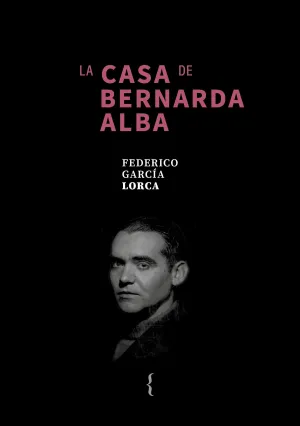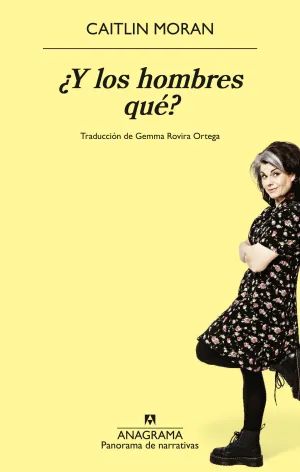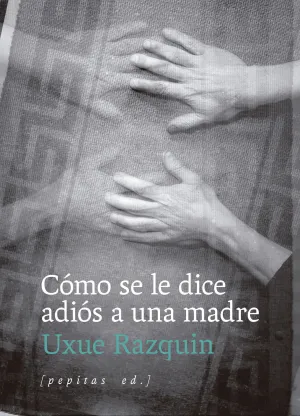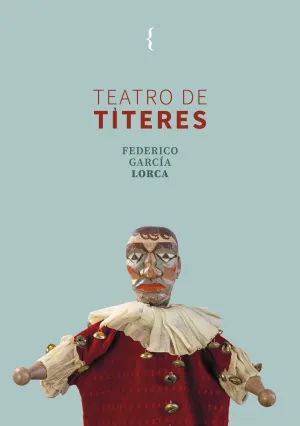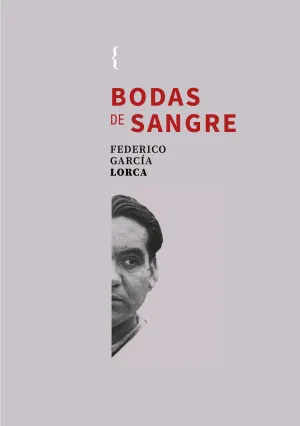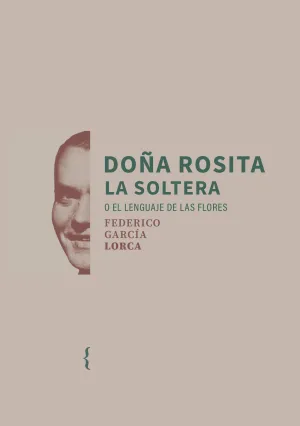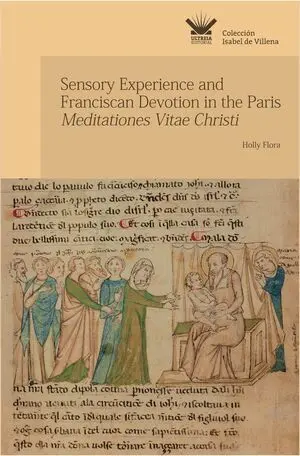
- Argitaletxea:
- ULTREIA
- Edizio-urtea:
- 2024
- Gaia:
- Poesia/teatro/clasicos
- ISBN:
- 978-84-125879-0-6
- Orrialdeak:
- 190
SENSORY EXPERIENCE AND FRANCISCAN DEVOTION IN THE PARIS MEDITATIONES VITAE CHRIS
FLORA, HOLLY
Written originally for a Franciscan nun in Tuscany in the early fourteenth century, the Meditationes Vitae Christi is arguably the most somatic text of the late Middle Ages. The unknown friar who wrote this Gospel redaction repeatedly adjures the reader to “. . . be present at the things at the same things that it is related that Christ did and said . . .” (Ragusa and Green, 1961). To encourage this experiential mode of meditation, the author often appeals to the bodily senses of taste, smell, touch, sight, and sound.
In the modern era, the Meditationes has been quoted and cited repeatedly by scholars as a touchstone for understanding the turn in late-medieval and early Renaissance devotion towards a more intimate connection with Christ’s life, and yet no scholar has focused specifically on how the text invokes the senses. In this study, I will examine the role of the senses in an illustrated manuscript of the Meditationes made in Trecento Italy, Bibliothèque Nationale Ms. ital. 115. Designed to train the nuns who read it in the Franciscan way of life, I present here a fresh look at this famous codex, arguing that the text and image program of this manuscript activated both the physical and the spiritual senses for the Poor Clare nuns who read it.


